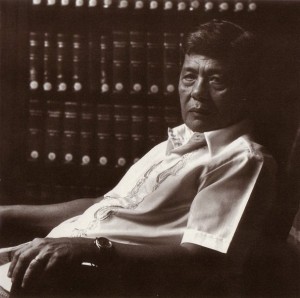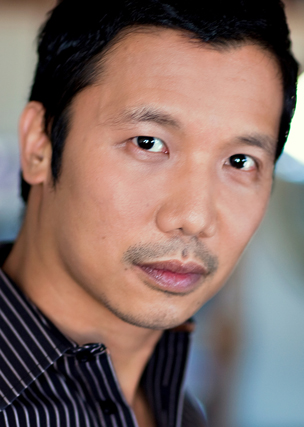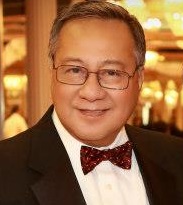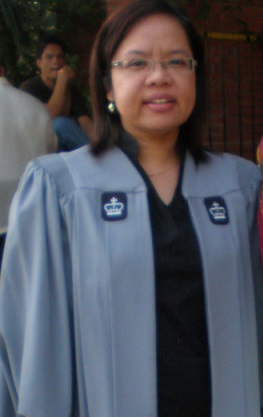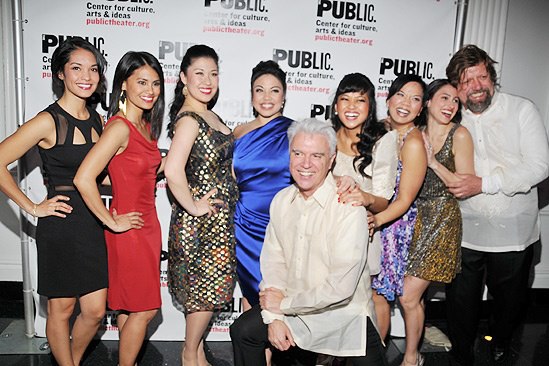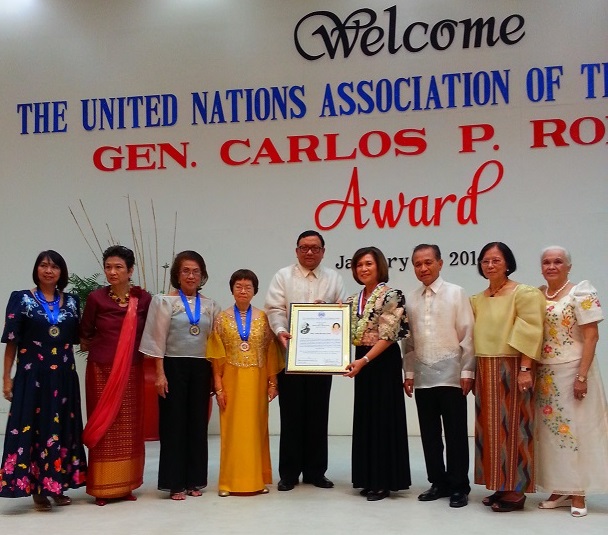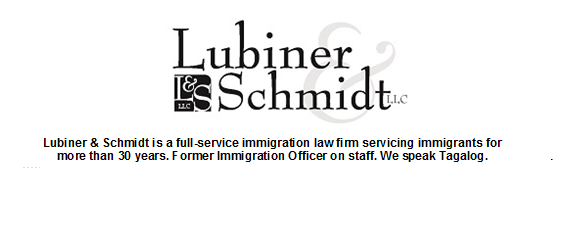Pope Francis leads the way: notes to share on the papal visit
By Ludy Astraquillo Ongkeko, Ph.D.
This writer has received queries from Australia and Indonesia surprisingly from friends she had known as ‘vibrant Catholics’ years ago, but who admitted they are no longer church goers.
Still, they are hungry for information on Pope Francis and curious about the intent of his visit to the Philippines.
Here are some questions they had and that have been addressed in press reports:
Why is Pope Francis known as the ‘different’ kind of pope?
Answer: He has acted and did speak in unexpected ways. He has lambasted Vatican bureaucracy, cardinals, bishops and priests as heard worldwide during the past several weeks even before the season of Christmas.
What are the bases attributed distinctly as quoted from the pope himself?
Answer: His non-hesitation in assailing the same bureaucracy on the ‘lust’ for power, greed, egotism, caprices, manias in the Curia. As he said in candor, what he would like to see: immediate action on eliminating corruption and poor management in the Vatican’s bureaucracy, as he immediately named eight cardinals around the world, one from Mindanao where unrest synonymous to ‘war,’ has been attributed to non-Christian groups. Their mission, as he addressed the same bureaucracy: to advise him on the Curia’s overhaul. In the process, it has not been an unknown that Pope Francis has made enemies, particularly among the conservatives.
Outside the Catholic Church, the pope avoided confrontation with Islamic extremists as he condemned the ‘brutal persecution’ of Christians in Iraq.
When Pope Francis came forth with his past Christmas messages, he voiced deep concern about how the spirit of Christmas brotherhood was ignored by many sectors of the world where that same deeply-honored season has been observed for centuries.
Despite warnings about Pope Francis’s wish to meet with non-Christians during his Philippine visit, he might live up to a nomenclature he has been identified with: “Pope of the Unexpected,” in the event he might take on an invitation from the Moro Islamic Liberation Front.
Already, the world’s knowledge on the papal mission, however, had been known: Pope Francis deeply wished to meet with the Philippines’ poorest of the poor and he did, although his visit to the typhoon-wrecked areas was cut short because of bad weather. He himself scheduled the meeting on Manila’s Luneta grounds void of luxury and comfort due the top prelate of his flock. His first wish: to visit Leyte’s typhoon-devastated areas, as soon as he learned of the deplorable condition in that part of the Visayas was fulfilled although abbreviated as mentioned reportedly.
What did not fall on the Pope Francis’ calendar of activities: He did not accept being treated to a rock-star status, bruited about by Philippine groups called ‘younger,’ or more ‘progressive Catholics,’ who do not belong to the category the pope wished to meet: the poor and unfortunately classified as ‘have-nots’ prioritized all other visits.
What Pope Francis continues to pursue in what he has started since his election as the pontiff: unprecedented gestures of humility and expression, i.e., paying his own hotel bill; living in a modest home; using modest vehicles; reaching out to people from other religious dominations, sexual orientations or civil status.
What has been bared: that the pope has reprimanded the church’s top hierarchy on what should be the feel-good occasion of the past. That is the indelible message Pope Francis wishes to preserve, the role of the Catholic Church is one of his chief concerns, how it has evolved so far, as he has decried it, is far from ‘perfect.’ The Church is not ‘absolute,’ and not ‘infallible.’
Doesn’t Pope Francis’ awareness of the church he leads today inspire the rest of the flock to look into themselves, instead of looking down on others ‘less holy’ than they are?
In sum, Pope Francis has made the world look upon him not just as a leader of the Catholic Church, but as one who lives as he preaches.
Let the pope continue to show the way as he makes emphatic: the inclusion of the poor in society, and second: peace and social dialogue.

